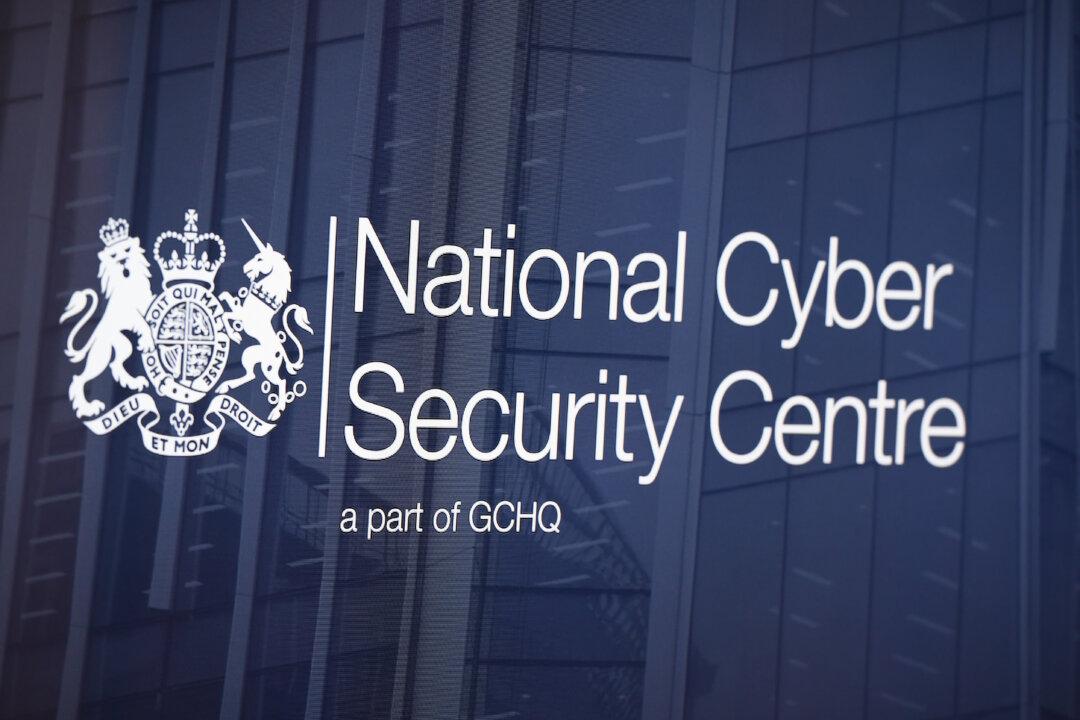Prime Minister Boris Johnson has defended the choice of a central London headquarters for a newly created cyber security centre, after a parliamentary committee criticised it for being overly expensive.
The National Cyber Security Centre (NCSC), a part of the UK’s GCHQ intelligence agency, is charged with protecting the nation from cyber attacks.





